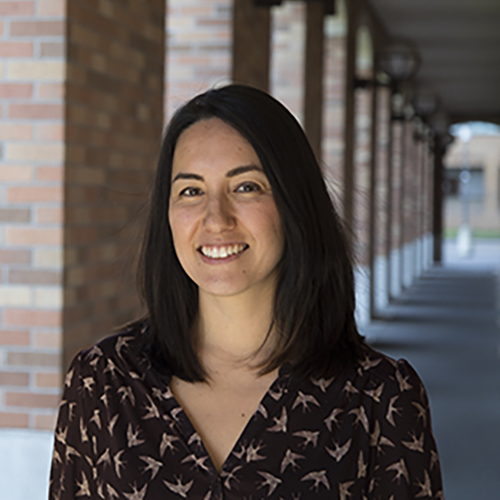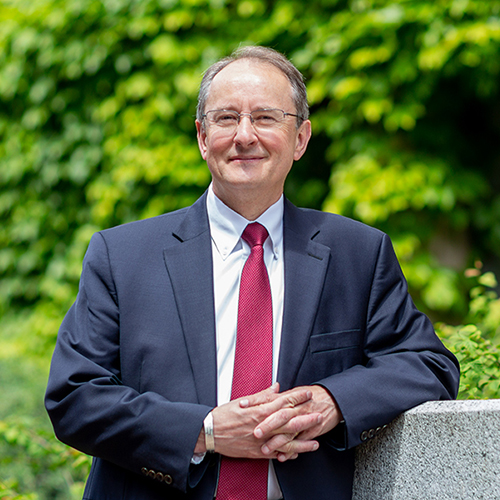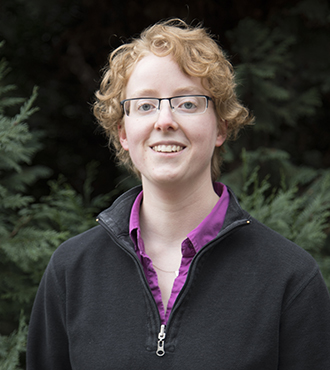-

Learning Happiness
A new psychology course pairs scientific research on happiness with activities that promote a positive outlook.
March 2018 Perspectives -

Trump in the World
Trump in the World — a course and lecture series — explores the global impact of Donald Trump's presidency.
March 2018 Perspectives -

-

A Quantum Leap
A physics student explores the possibilities of quantum computing — with help from a Microsoft Research Fellowship.
March 2018 Perspectives -

A Research Lab in the Performing Arts
Visiting artists are immersed in creative research at the UW through an interdisciplinary initiative.
March 2018 Perspectives -
How social networks help perpetuate the ‘Cycle of Segregation’
UW professor of sociology Kyle Crowder is the co-author of a new book "Cycle of Segregation"
03/09/2018 | UW News -
A prestigious award brings UW composer Huck Hodge time to reflect, write
UW School of Music faculty composer Huck Hodge has been named the recipient of the Charles Ives Living Award
03/09/2018 | UW News -
‘Trump in the World’: Jackson School faculty give public talks through spring quarter
A lecture series by UW faculty will explore President Trump's significant impacts on international affairs, global alliances and the role of the United States in the world.
03/08/2018 | UW News -
Is there a glass ceiling in academic publishing?
UW psychology professor Ione Fine's new study on female representation in high-profile journals
03/07/2018 | UW News -
Nuclear trauma still fresh for Seattle’s Marshallese community on 64th anniversary of Bikini Atoll tests
Holly Barker, a UW anthropology lecturer and advocate for Marshallese rights weighs in on new bill.
03/06/2018 | International Examiner
